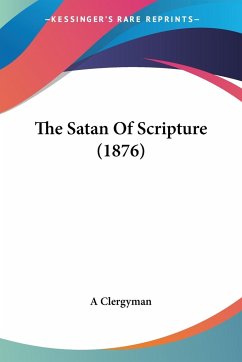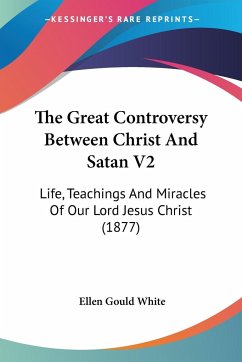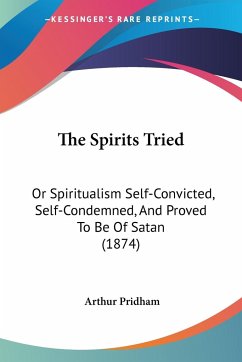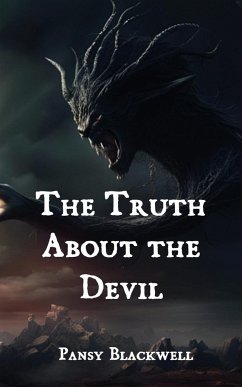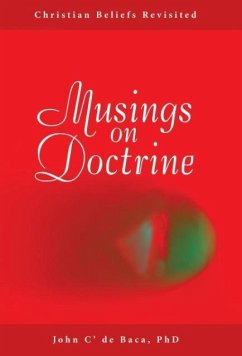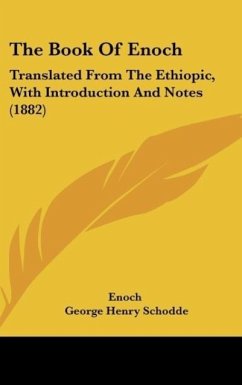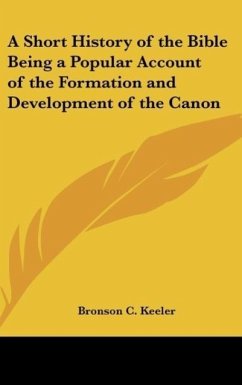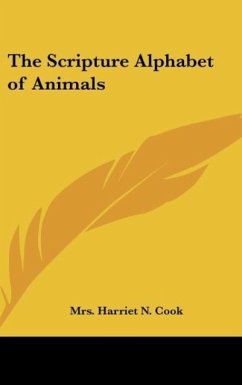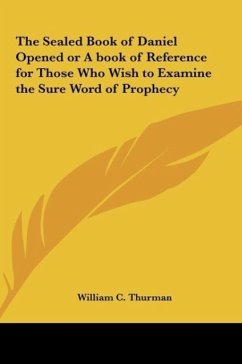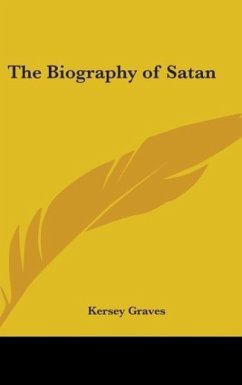
The Biography of Satan
Versandkostenfrei!
Versandfertig in 1-2 Wochen
29,99 €
inkl. MwSt.

PAYBACK Punkte
15 °P sammeln!
Though his work has been discredited in some of its details, the atheistic writings and freethinking philosophies of American spiritualist KERSEY GRAVES (1813-1883) remain vital reading today for the more informed critiques of Christianity that they inspired. In this daring book, first published in 1880, Graves condemns the brutal Christian doctrine of eternal punishment through revealing the pagan origins of such concepts as the bottomless pit, lakes of fire and brimstone, the casting out of devils, and other foundational aspects of Christian belief. Students of comparative mythology, modern ...
Though his work has been discredited in some of its details, the atheistic writings and freethinking philosophies of American spiritualist KERSEY GRAVES (1813-1883) remain vital reading today for the more informed critiques of Christianity that they inspired. In this daring book, first published in 1880, Graves condemns the brutal Christian doctrine of eternal punishment through revealing the pagan origins of such concepts as the bottomless pit, lakes of fire and brimstone, the casting out of devils, and other foundational aspects of Christian belief. Students of comparative mythology, modern freethinkers, and anyone interested in demonic folklore will find this Victorian curio an intriguing exposition of ancient folklore. ALSO AVAILABLE FROM COSIMO: Graves's The World's Sixteen Crucified Saviors and The Bible of Bibles



